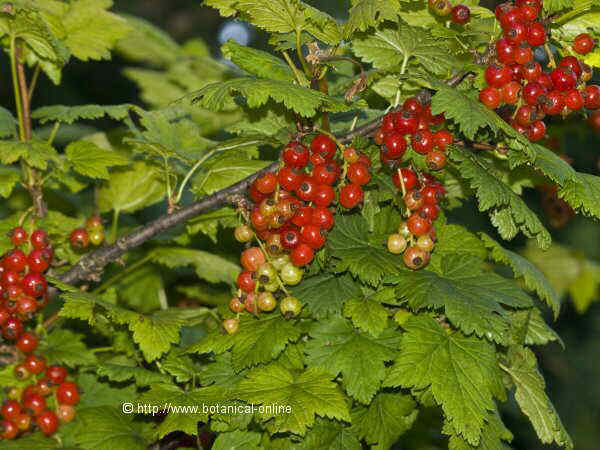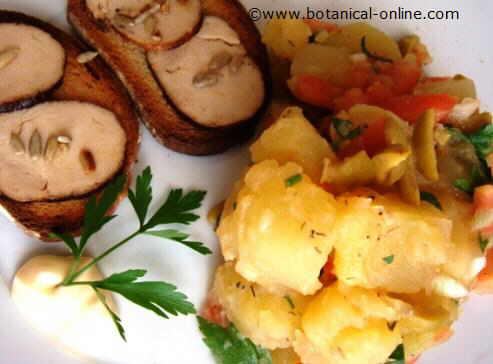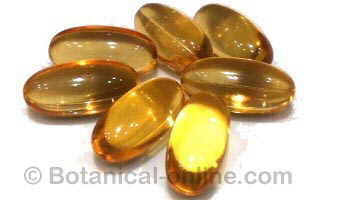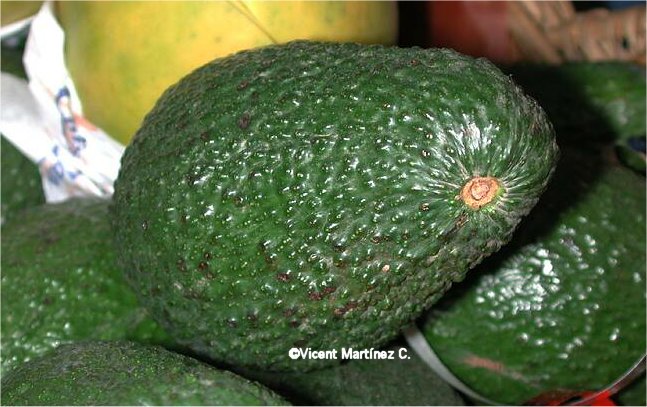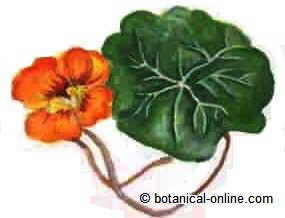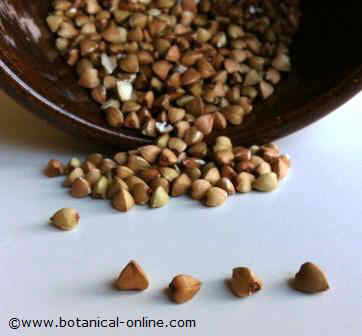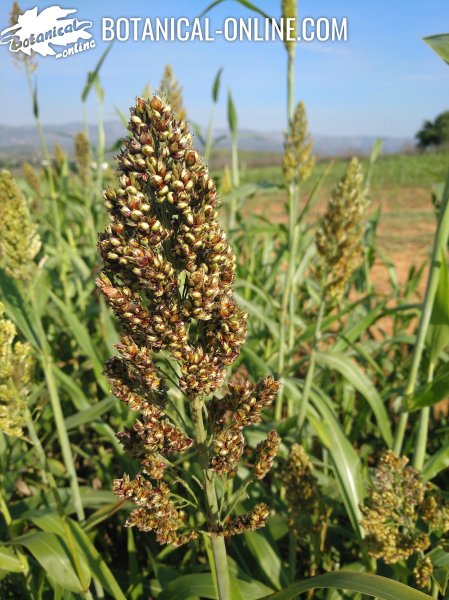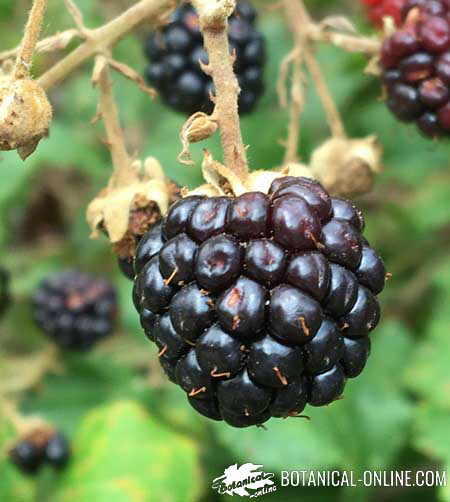Contents
Benefits of dong quai
Medicinal properties of dong quai
Characteristics of dong quai
Common Name: Chinese angelica, dong quai, dang gui, Danggui, danguia, don quai, tang kuei, as kue bai zhi, tanggwi, toki.
Without having direct relation with the Ginseng, this plant is also called “female ginseng”. It is believed that this denomination is used due to the root of the plant, that, as with the ginseng plant, is traditionally used for female disorders (menstrual pain, menopausal symptoms, etc..).
Scientific name: Angelica sinensis
Family: Umbelliferae
Habitat: Angelica sinensis grows in cool, moist woodlands, river banks, moist and shady places, fields, etc..
Chinese angelica features
Chinese angelica or dong quai is physically very similar to Angelica archangelica L. with which is often confused.
Growing conditions are similar. Dong quai can be biennial or perennial.
These two varieties differ in their natural habitat, as dong quai (Angelica sinensis) grows in China (especially north and west of China), Korea and Japan, while wild celery (Angelica archangelica) is native to northern Europe.
Species of Angelica:
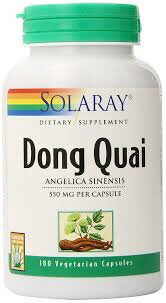
Capsules of dong quai (Angelica sinensis) by Solaray
Apart from dong quai (Angelica sinensis), the main species of angelica because of their medicinal uses are:
- Angelica sylvestris L. This variety is most common in Spain and southern Europe. This variety does not have the medicinal properties of Angelica archangelica or Angelica sinensis.
- Angelica archangelica L.
Other species of Angelica with medicinal properties are:
Angelica acutiloba, Angelica anomala, Angelica atropurpurea, Angelica dahurica, Angelica decursiva, Angelica giga, Angelica glabra, Angelica glauca, Angelica grosserrata, Angelica koreana, Angelica polymorpha, Angelica pubescens, Angelica rosaefolia, Angelica tenuisima, Angelica uchiyamai.
Composition of dong quai
- Vitamins: vitamin E, vitamin A, vitamin C, vitamin B3 or niacin
- Minerals: iron, magnesium and potassium.
- Phytochemicals: coumarins
- Phytosterols
- Flavonoids
- Essential oils: carvacrol
Medicinal uses of dong quai
The main medicinal properties of dong quai (Angelica sinensis) are:
- Menstrual disorders and menopause. Traditional Chinese medicine commonly uses dong quai for treating female hormonal changes, considering it as a plant that “nourishes the blood.” Among the main applications concerning these women situations, we have the following:
- It promotes menstrual flow because of its circulatory properties.
- It reduces menstrual pain, because it is a muscle relaxant with antispasmodic properties. In these cases it is advisable to combine it with nettle.
- It helps fight mild anemia caused by heavy menstruations being a plant particularly rich in iron.
- It reduces hot flushes, vaginal dryness and insomnia common in climacteric and menopause. In this sense, it favors the production of progesterone by the body, a hormone which decreases during menopause.
- It is also effective in mood swings caused during hormonal changes.
- Therefore, dong quai is ideal for women, so in Asian countries it is typically introduced in the diet, as root (similar to ginseng), for its many benefits.
- Energizing of the reproductive organs. Angelica has a tonic effect on male and female reproductive organs. It increases blood flow to the uterus, fosters vaginal secretions and has analgesic properties that reduce uterine pain. Sometimes used to increase fertility.
- Premature ejaculation. Angelica is applied topically to genitals, in formulation with other medicinal plants, to combat premature ejaculation. Some of the herbs it is combined with are ginseng, damiana, Torlidis seed, clover blossom and cinnamon, among others. There are specific formulations, such as creams, for sale.
- Vaginal infections. Studies show that Chinese angelica is effective to help combat vaginal infections, such as those produced by fungus Candida albicans.
- Anemia. Chinese studies claim that Chinese angelica stimulates the production of blood cells. It is a plant rich in iron, and is used to treat mild anemia.
- Stress. This plant has sedative properties that may help fight mental stress, mood swings and irritability.
- Migraines or headaches. Angelica has been effective in some cases to combat headaches, headaches or migraines, because of its analgesic properties.
![]() More information on wild celery.
More information on wild celery.

